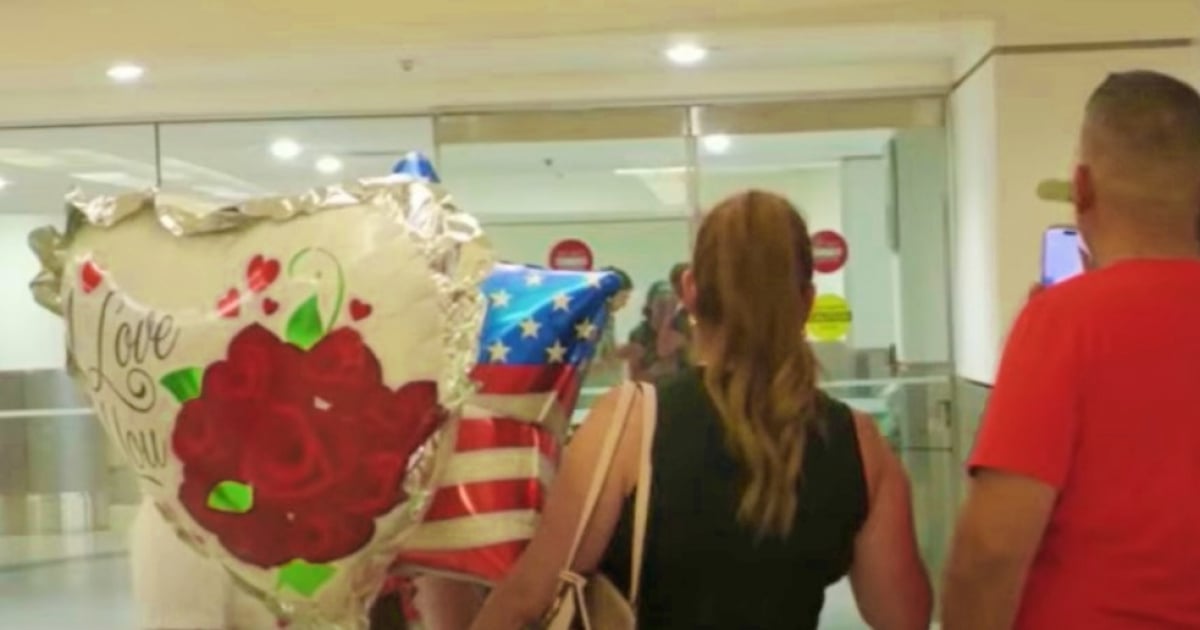A revealing report from the House Judiciary Committee and its Subcommittee on Immigration Integrity, Security, and Enforcement has delivered a scathing critique of the CHNV (Cuba, Haiti, Nicaragua, and Venezuela) parole program, labeling it as "rife with fraud" and significant shortcomings. Initiated by President Joe Biden, this initiative was intended to facilitate the orderly entry of up to 30,000 migrants monthly, yet it has faced severe criticism due to numerous irregularities.
Since its inception in 2021, the program has enabled over 531,000 individuals from Cuba, Haiti, Nicaragua, and Venezuela to enter the United States. However, the report outlines allegations of the misuse of parole authority, which legally should be applied on a case-by-case basis but has been executed on a large scale instead.
According to the report, some sponsors have utilized income derived from illicit activities or public benefits to demonstrate their support capabilities, contradicting the promise that the program's expenses would be covered by private sponsors. This misuse potentially means that "American taxpayers might be indirectly funding the program's beneficiaries."
Security Concerns and Oversight Failures
The document criticizes the Department of Homeland Security (DHS) for failing to conduct comprehensive background checks through the National Crime Information Center (NCIC). This omission, as reported, limits the ability to detect security threats, allowing the program to be exploited for illegal purposes.
Alarming Statistics Unveiled
Duplicated Social Security numbers: "The same Social Security number appeared in at least 20 different sponsor applications more than 3,200 times."
Nonexistent postal codes: Over 460 false zip codes were used in applications, impacting 2,800 beneficiaries.
Human trafficking patterns: In one instance, 21 applications originated from the same IP address, sponsoring 18 women, six of whom were minors.
In terms of national security, the report emphasizes the absence of effective measures to prevent criminal activities and fraud. Although the DHS temporarily halted the program in early August, it was reactivated merely three weeks later, drawing further criticism.
Impact on U.S. Communities
The report highlights not only legal and security issues but also the program's repercussions on American communities. Its conclusions suggest that the massive influx of program beneficiaries has negatively impacted both the economy and public safety in the United States.
The report states, “The humanitarian program appears designed to mask the border crisis,” noting that the migratory flow has reached historic levels, with more than 7.7 million encounters with irregular migrants since January 2021.
Future of the Humanitarian Parole Program
As of September 2024, official data shows:
Cubans approved to travel: 110,980 (of which 110,240 have already entered the country). Venezuelans benefited: 117,000; Haitians: 211,000; Nicaraguans: Over 93,000.
Work permits granted: 405,000 of the 531,000 beneficiaries.
The CHNV parole program faces an uncertain future. President-elect Donald Trump has vowed to eliminate this program and other similar mechanisms, such as CBP One, within his first 100 days in office. Reports suggest that the new administration plans to build or expand detention centers to manage irregular migration before proceeding with mass deportations.
The congressional report concludes with a call to action, urging for immigration law reforms and a halt to what it terms "radical" policies. It underscores the necessity of restoring law enforcement to protect both American citizens and vulnerable migrants.
The debate over the CHNV program's implementation and its effects continues to stir controversy, especially in light of promises for a stricter immigration policy under the incoming administration. The program's reactivation, despite documented failures, underscores the challenges of managing migratory flows amid political, social, and security hurdles.
